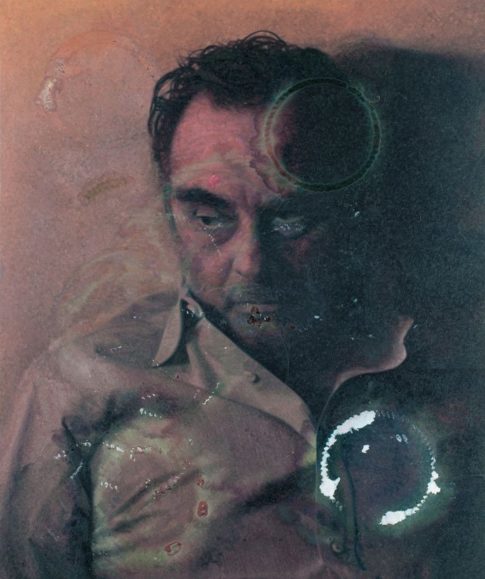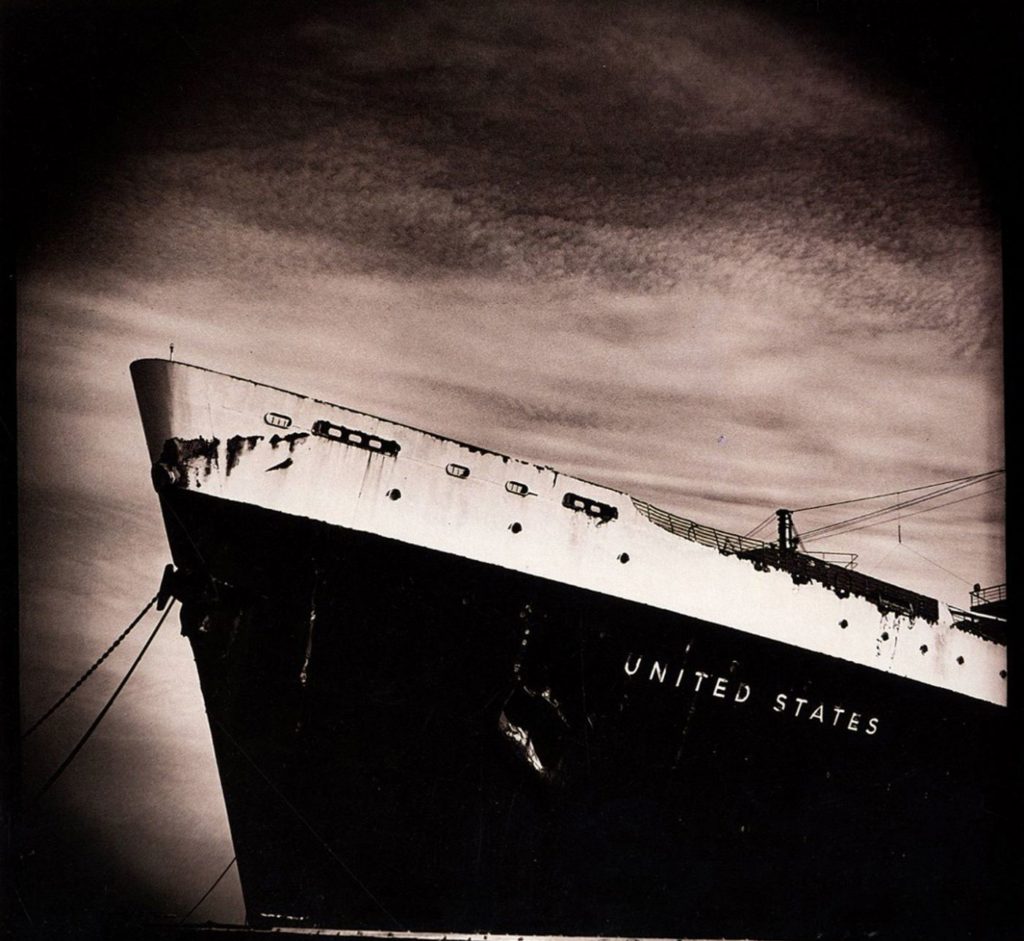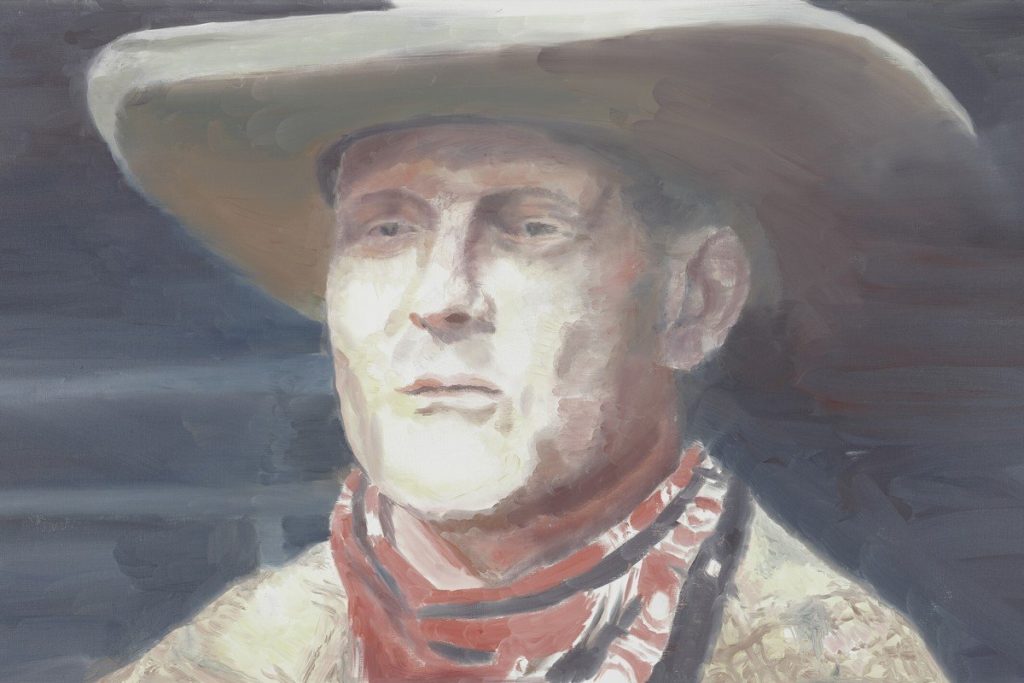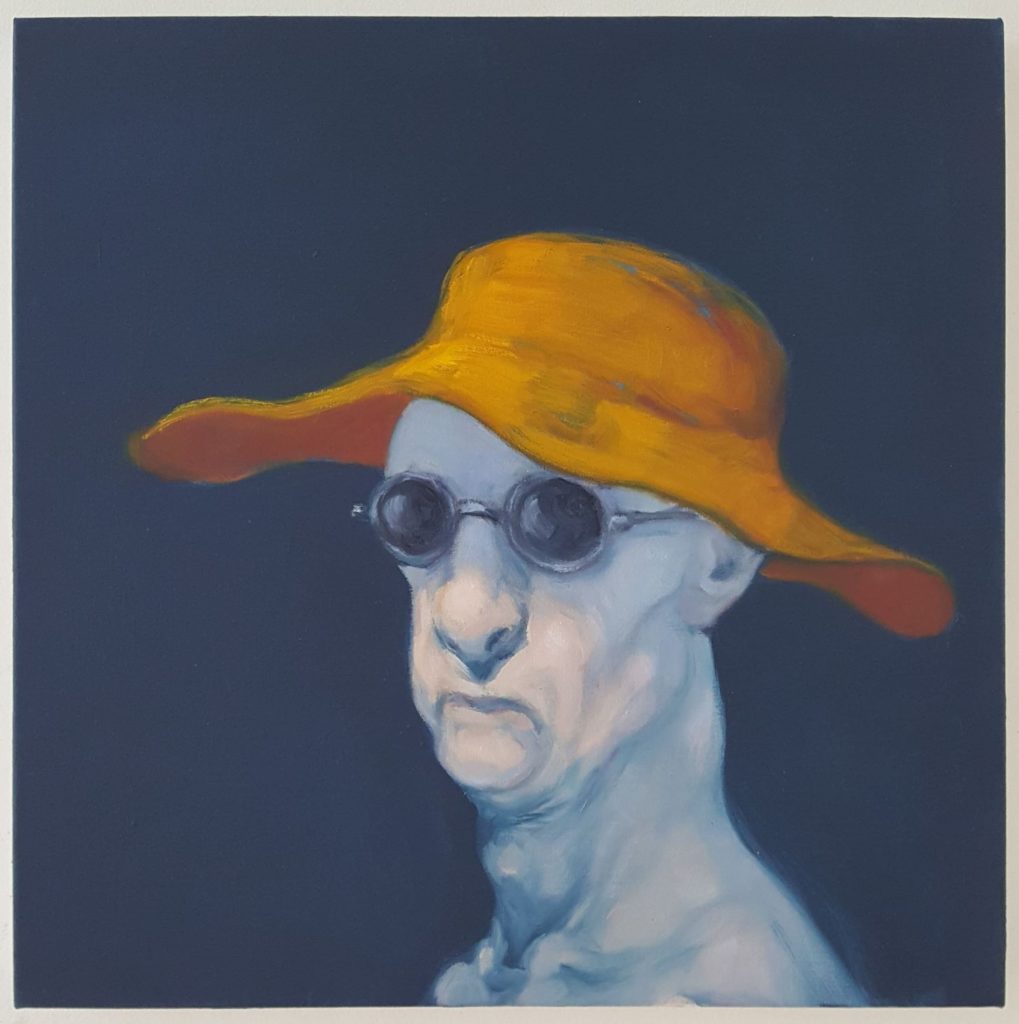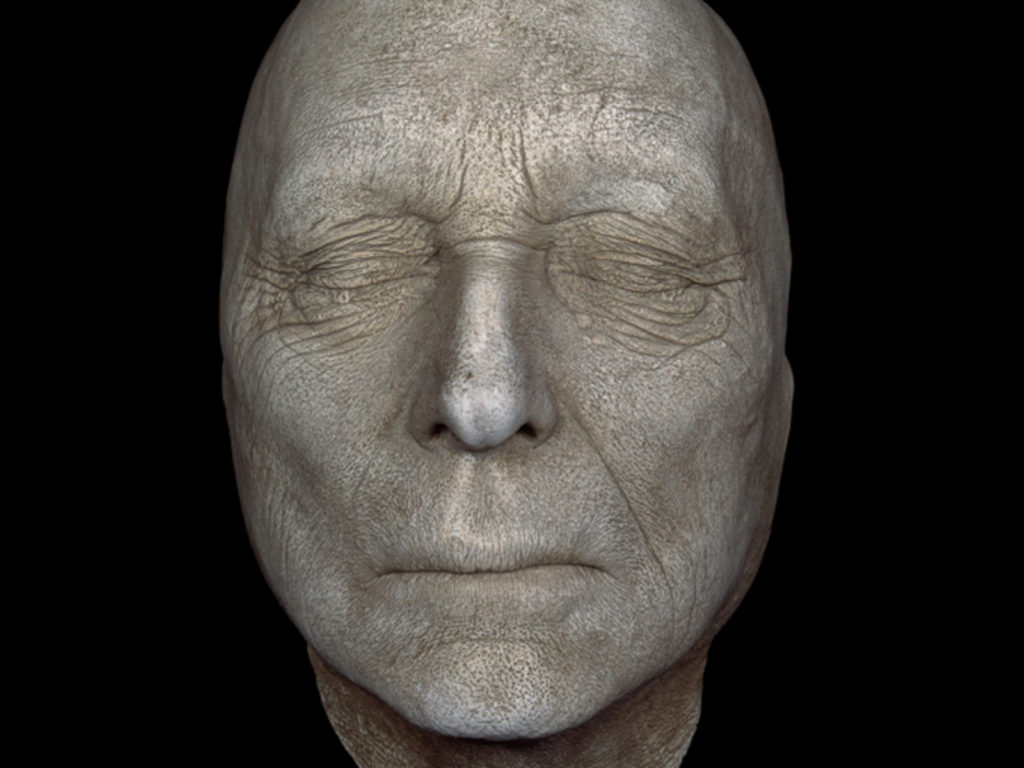“...if shame shows itself at all, then it does so precisely through self-concealment." Gunther Anders (Promethean Shame) "Few understand the extent to which Silicon Valley is the alter-ego of Pentagon-land, even fewer realise the impact this has had on the social sphere." The Cogent (How the West Was Won: Counterinsurgency, PSYOPS and the Military Origins of the Internet march 4th 2022) "The scientific verification of experience which is enacted in the experiment- permitting sensory impressions to be deduced with the exactitude of quantitative determinations and, therefore, the prediction of future impressions - responds to this loss of certainty by displacing experience as far as … [Read more...]
What Experience Was
“Closeup jostled shots of thousands of people outside a stadium after a Goebbels speech, people surging, massing, bursting through traffic. Halls hung with swastika banners, with mortuary wreaths and deaths-head insignia. Ranks of thousands of flagbearers arrayed before columns of frozen light, a hundred and thirty aircraft searchlights aimed straight up—a scene that resembled a geometric longing, the formal notation of some powerful mass desire." Don DeLillo (White Noise) "Service and sacrifice in a higher cause had been part of the definition of the manly ideal almost from the beginning, but now such a demand was couched in the rhetoric of the First World War. That war made the … [Read more...]
The Movie that Never Ends
"...the reduction of leisure time as the marginal utility of money income rose, and the real location of labor from goods and services for direct consumption to marketed goods that is, a new strategy for the maximization of household utility. We see it among peasant households concentrating their labor in marketed food production, in cottar households directing underemployed labor to proto-industrial production, in the more extensive market-oriented labor of women and children, and finally, in the pace or intensity of work." Jan DeVries (The Industrial Revolution and the Industrious Revolution,” The Journal of Economic History 54,#2) "Leveling in the context of necessities and personal … [Read more...]
Docking the Ferry
"Infinity renders impossible any solution to the problem of meaning." E.M. Cioran (The Heights of Despair) “I argue that the AI industry demonstrates the increasing autonomy of capital from labour and not the other way around.” James Steinhoff (Automation and Autonomy) "The correct recognition that death is nothing to us makes the mortality of life enjoyable, not by adding on an infinite time, but by removing the longing for immortality." Epicurus (Letter to Menoeceus) “People want to conform to a much higher degree than they are forced to conform, at least in the Western democracies.” Erich Fromm (The Sane Society) "In the eyes of a dialectical critic, fractures in form … [Read more...]
Capital Dreams Itself
“...it is one thing to understand the meaning of Scripture, and quite another to understand the actual truth.” Spinoza (Tractatus Theologico-Politicus) "But in Shakespeare’s plays, especially after 1600, the life of the piece, of the whole business of personation, is in large part not in the gesture but in the linguistic detail; we want to understand as much of this as we can. We don’t want just to hang on to the general sense as if we were watching an opera in Czech." Frank Kermode (Shakespeare's Language) “As soon as we begin to study the scapegoat, we imagine a deliberate manipulation. We think of skillful strategists who are fully aware of the mechanisms of victimization and who … [Read more...]
Total Awareness of Nothing
"Man is fundamentally an animal. Animals, as distinct from man, are not machine-like, not sadistic; their societies, within the same species, are incomparably more peaceful than those of man. The basic question, then is: What has made the animal, man, degenerate into a machine?" Wilhelm Reich (Mass Psychology of Fascism) "From the perspective of art and aesthetics, the dialectic of nature and history is as much the spur to art's self-development (the history of nature become form, of materials become second nature) as it is the survival of that "fear of the overwhelming" once felt before the "overpowering wholeness and undifferentiatedness of nature" but which has now migrated into … [Read more...]
The Postcard from Aruba
"In the truth content (of art), or in its absence, aesthetic and social critique are one." Theodor Adorno (Introduction to the Sociology of Music) "Nowadays, if we can boast of having at our disposal scientific knowledge and technology that used to exist only in the phantasies of magicians, we must allow that, since the Renaissance, our capacity to work directly with our own phantasms, if not with those of others, has diminished. The relationship between the conscious and the unconscious has been deeply altered and our ability to control our own processes of imagination reduced to nothing." Ioan P. Couliano (Eros and Magic in the Renaissance) "The electric light escapes attention as … [Read more...]
Christmas 2021, Here’s What We Know
"The erasure of the personality is the fatal accompaniment to an existence which is concretely submissive to the spectacle’s rules, ever more removed from the possibility of authentic experience and thus from the discovery of individual preferences." Guy Debord (Comments on the Society of the Spectacle) "The story goes that Fermi was having lunch with some colleagues back in 1950 (notice how both the Drake equation and the Fermi paradox are very old concepts, which does not exactly mark SETI as a field burgeoning with theoretical innovation).The conversation veered to how many intelligent forms of life there might be in the galaxy, apparently with most participants taking for granted … [Read more...]


